Committing to a JCI (Joint Commission International) accreditation process is a challenge for a healthcare facility wishing to value its commitment to quality and patient safety. The success of this project depends on an "effective" preparatory phase. The following could be of great help to you.
JCI Accreditation: The Holy Grail
Achieving JCI (Joint Commission International) accreditation has a profound impact on the performance and image of a healthcare facility. It shows more broadly an organization's commitment to continuous improvement of quality and patient safety based on global standards. More than 800 organizations have understood this and obtained the famous "Holy Grail" by JCI, a non-profit organization that, as a reminder, provides accreditation services.
To successfully complete the certification exam, JCI recommends a 10-step methodology for hospitals or clinics from the "Getting to Know the Accreditation Manual" to "Finalizing the Details for the D-Day". The recommended preparation time is from 18 to 24 months depending on the institution. However, we will see that it is possible to save time in certain stages.
Seize the opportunity of an E-preparation
Indeed, this option can prove to be long and tedious .... Drafting of questionnaires, diffusion, collection, consolidation of data, analysis or surveys requires a consistent "administrative" treatment. The more extensive your structure is, the more the inventory gets complex with a lot more data to be processed.
Now imagine a digital tool that collects evaluation data, analyzes gaps, produces dashboards to track the progress of your institution and your employees. A tool that would automatically produce the indicators to verify that you are ready to pass the accreditation! It has now become a reality. Going digital is a great opportunity to provide certification or accreditation like the JCI.
Assess the level of compliance: proof by example
Let's take a closer look with the example of Liège University Health Center. The Belgian hospital has 920 beds and 7,500 employees. They are in the midst of preparing their JCI accreditation scheduled for late 2018. In order to assess its level of compliance, the institution decided to rely on a digital platform in their preparatory phase.
This example shows the potential in terms of time saving compared to traditional processing (manual data entries or the use of office spreadsheets with random targeting of respondents).
The use of a digital platform has benefits at all stages, whether in the collection phase as we have just seen but also in the analysis with the possibility of automatically generating the evaluation report, or to ensure a real-time follow-up of actions needed to reduce gaps through an online action plan.
A pledge of safety, comfort, guaranteeing "saving time" for the hospital or clinic ... and an investment that will quickly pay for itself.
Go further :
> Liège University Health Center prepares for its JCI accreditation

















No comment